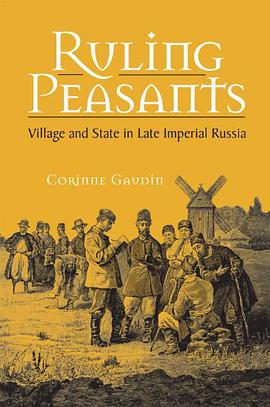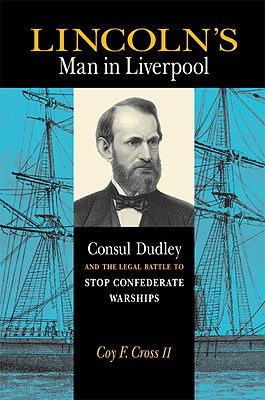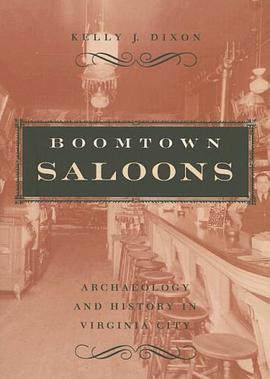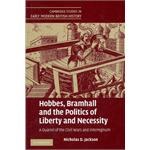

具体描述
Who ruled the countryside in late Imperial Russia? On the rare occasions that tsarist administrators dared pose the question so boldly, their discouraged answer was that peasants ruled. Historians have largely echoed this assessment, pointing to the state's failure to penetrate rural society as a key reason for the tsarist government's collapse. "Ruling Peasants" challenges this dominant paradigm of the closed village by investigating the ways peasants engaged tsarist laws and the local institutions that were created in a series of contradictory legal, administrative, and agrarian reforms from the late 1880s to the eve of World War I. Gaudin's analysis of the practices of village assemblies, local courts, and elected peasant elders reveals a society riven by dissension. As villagers argued among themselves in terms defined by a distant government, the peasants and their communities were transformed. Key concepts such as 'custom,' 'commune,' 'property,' and 'fairness' were forged in such dialogue between the rulers and the ruled. By the end of the 19th century, the framework of dialogue between the peasants and the state no longer worked. The more peasants used the institutions and laws available to them, the more they solicited the authorities and the greater the obstacles to communication grew. Villagers' rising expectations for assistance foundered in the face of inconsistent state policies and arbitrary legal responses. Ironically, the success of often contradictory reforms - a success unrecognized by administrators themselves - contributed to undermining the state's legitimacy.
作者简介
目录信息
读后感
评分
评分
评分
评分
用户评价
相关图书
本站所有内容均为互联网搜索引擎提供的公开搜索信息,本站不存储任何数据与内容,任何内容与数据均与本站无关,如有需要请联系相关搜索引擎包括但不限于百度,google,bing,sogou 等
© 2026 book.quotespace.org All Rights Reserved. 小美书屋 版权所有




















